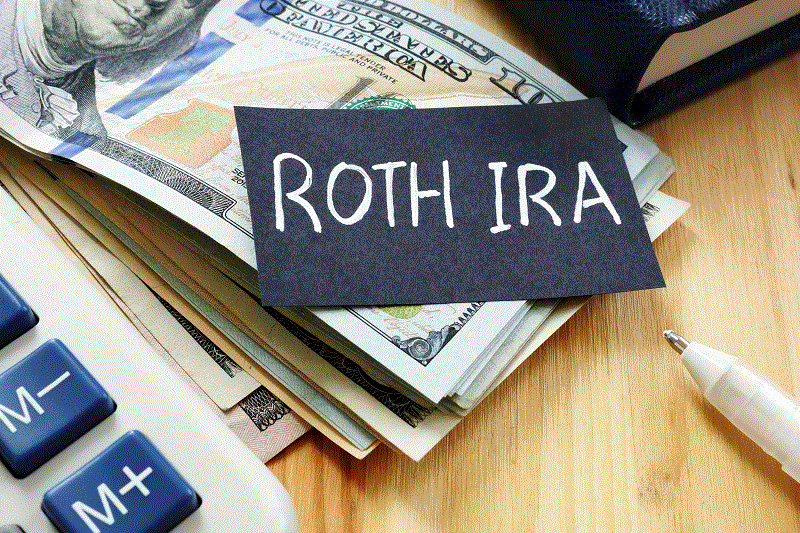Summer holidays are a time to relax, unwind, and escape the daily grind. For many of us, they’re the only time of the year we get to sit back, fall asleep in the sun andcompletely switch off. It’s no wonder, then, that many of us dream of the day when we can leave ourjobs and…
Blog
Should I buy or lease assets for my business?
This decision depends on several factors, such as the cost of the asset, your cash and/or credit position, and the asset’s value to you now and in the future. In the short term, leasing an asset allows you to try out a product without making a lengthy commitment. If you find the item does not…
Get Ready for Tax Time
According to one survey, 42% of Americans would rather go to the dentist than file their taxes*. Tax season might not be your favorite time of the year, but a little preparation can help make the tax filing process as smooth and painless as possible. Review last year’s tax return. Not everything will stay the…
What is a self-employed retirement plan?
A self-employed retirement plan is a tax-deferred retirement savings program for self-employedindividuals. In the past, the term “Keogh plan” or “H.R. 10 plan” was used to distinguish aretirement plan established by a self-employed individual from a plan established by acorporation or other entity. However, self-employed retirement plans are now generally referredto by the name that…
What happens if I open a 529 plan in one state and then move to another state?
Essentially nothing, if you have a 529 college savings plan. You can leave the account funds in yourformer state’s plan with no penalty, and then tap those funds at college time. Alternatively, you can roll the assets over from your old state’s 529 plan to your new state’s plan if both plans allow it, keeping…
Funding a Roth IRA
With the potential for tax-free retirement income, Roth IRAs may be appealing investment vehicles.There are three ways to fund a Roth IRA — you can open an account and contribute directly, youcan convert all or part of a traditional IRA to a Roth IRA, or you can roll over or convert funds froman eligible employer…
Retirement Planning: The Basics
You may have a very idealistic vision of retirement — doing all of the things that you never seem to have time to do now. But how do you pursue that vision? Social Security may be around when you retire, but the benefit that you get from Uncle Sam may not provide enough income for…
When Your Child Has Special Needs
As the parent of a child with special needs, you face many of the same challenges thatany parent faces. But you’ll have to cope with some unique financial, medical, educational, and legal issues as well. Where do you start?Getting reliable information and support is important when you have a child with specialneeds. Start by talking…
Charitable Giving
When developing your estate plan, you can do well by doing good. Leaving money to charity rewards you in many ways. It gives you a sense of personal satisfaction, and it can save you money in estate taxes. A few words about transfer taxes The federal government taxes transfers of wealth you make to others,…
Evaluating an Early Retirement Offer
In today’s corporate environment, cost cutting, restructuring, and downsizing are thenorm, and many employers are offering their employees early retirement packages. Buthow do you know if the seemingly attractive offer you’ve received is a good one? By evaluating it carefully to make sure that the offer fits your needs. What’s the severance package?Most early retirement…









